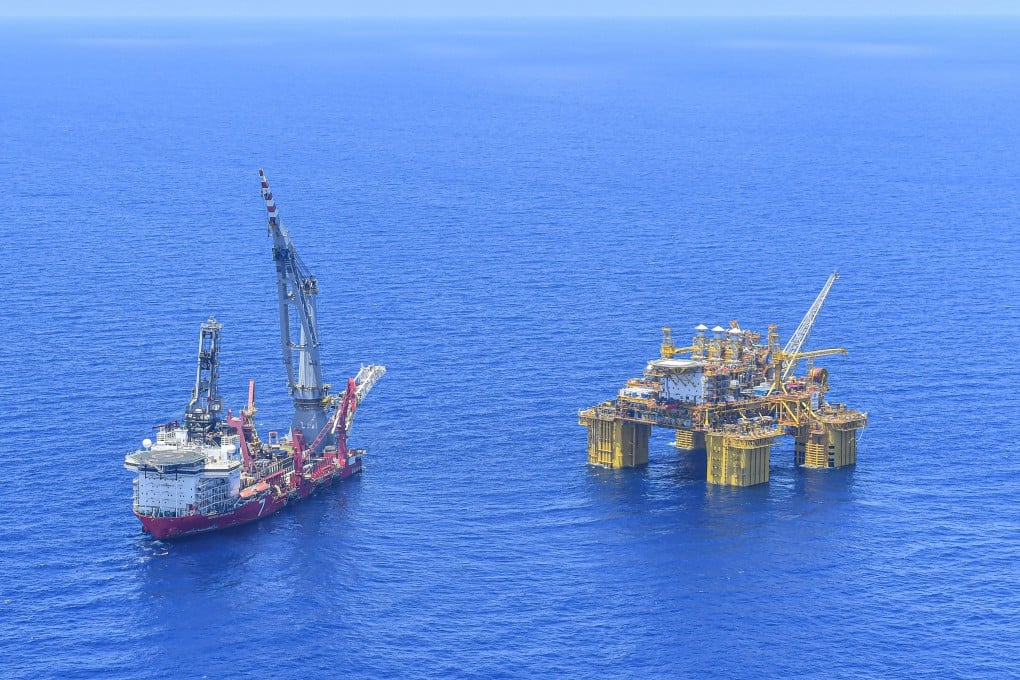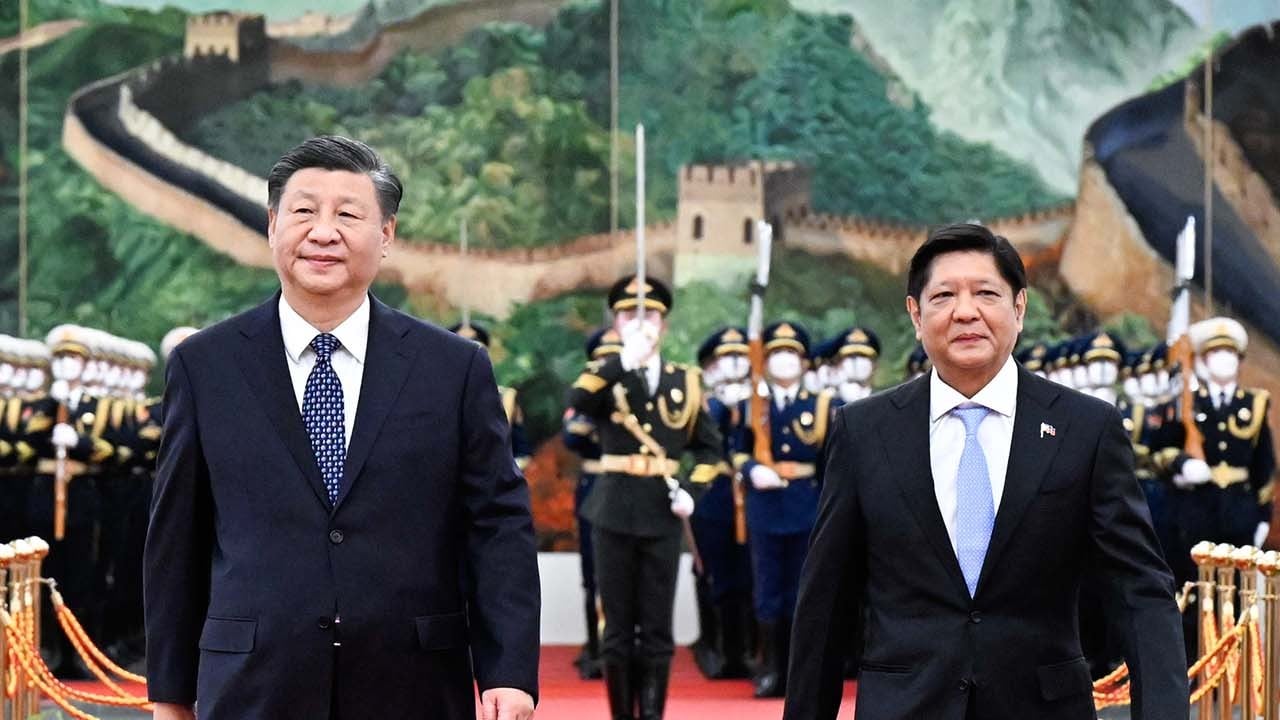Advertisement
Asian Angle | South China Sea: Philippines ruling could shut door on joint energy deals, embolden Beijing’s claims
- Timing of ruling is ‘too much of a coincidence’, coming soon after Marcos Jnr returned from a state visit to Beijing, one legal expert says
- Verdict could limit Manila’s efforts to find solutions to South China Sea dispute, attract investors to help harness offshore energy reserves
Reading Time:4 minutes
Why you can trust SCMP
10

The recent Philippine Supreme Court ruling that a 2005 tripartite deal for joint petroleum exploration in the South China Sea is unconstitutional could dash hopes of pursuing practical cooperation and prolong conflict in the disputed region.
The ruling stems from the controversial 2005 Joint Marine Seismic Undertaking between the national oil companies of the Philippines, Vietnam, and China, which began as a bilateral arrangement between Manila and Beijing the year before. The deal expired in 2008 and was legally challenged before the Philippines’ highest court.
The verdict came 15 years later, only days after President Ferdinand Marcos Jnr returned from his state visit to Beijing between January 3 and 5.
The court said the deal was unconstitutional for allowing wholly state-owned foreign corporations to take part in the exploration of the Philippines’ natural resources without observing constitutional safeguards.
The timing of the verdict, however, “is too much of a coincidence”, according to constitutional and international law expert Harry Roque. Marcos earlier expressed interest in resuming talks for joint exploration with Beijing, and the two sides reached a memorandum of understanding on oil and gas cooperation in 2018 during President Xi Jinping’s visit to Manila.
The court’s ruling could limit the scope for compromise and stymie Marcos’ role as the country’s chief foreign policy architect, Roque said.
He stressed that applying the Philippine constitution to the country’s exclusive economic zone (EEZ) – where only sovereign rights, and not sovereignty and jurisdiction, can be exercised – could invite unwanted consequences.

Advertisement



